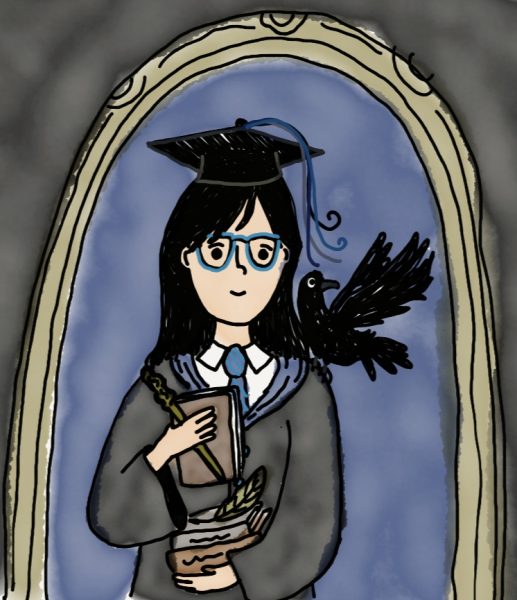Claremont High School Internet Censorship is Unnecessary
Technology is a necessary part of society’s lifestyles nowadays. The Internet is a constant stream of new information and ideas, and has quickly become essential in dozens of businesses, homes, and schools. However, schools have gotten in the habit of censoring the wealth of information available for the sake of maintaining what they consider an appropriate workplace. While schools block half the websites on the Internet in a last-ditch effort to keep teenagers from “inappropriate material” (read: porn), they have overly censored the internet and have blocked several good information sources simply because they do not want to seem liable for the student’s exposure to any inappropriate material. These limitations on the Internet may seem unimportant at first, but do not be fooled; about 75% of surveyed CHS students think that the school’s Internet guidelines of what’s appropriate are too strict. Although these rules have good intentions behind them, they are actually stunting students’ intellectual growth and blocking them from new information or ideas.
In the school-wide range of blocked websites, several news sites can be caught up in the net. Lighter, more fun news sources such as Cosmopolitan and Buzzfeed are automatically blocked, as are some more serious news sources, such as The Huffington Post. These sites offer valuable information on a variety of topics, so it does not make sense that access to them is limited in an educational setting. Furthermore, all blogs on the internet, regardless of content, are uniformly blocked. Blogs are valuable sources of both news and opinions with evidence, two things that help stimulate student’s intellectual growth by supplying information and learning to draw critical conclusions from that information. However, students are being blocked from all this content just because the website is a big, scary blog. In fact, 90% of CHS students surveyed said they had been blocked from a website they tried to access at school. These sites frequently include news sources and social media, like YouTube. Valuable content is being locked away from students due to the wide net cast to block websites.
In addition, censorship in general should be avoided, especially in public places of information. The settings on Claremont High’s internet restrictions block any website they deem too “adult.” In the eyes of the creator of the firewalls, this setting must make sense. The rest of the world, however, is wondering what on earth makes content “adult.” It seems to just be a senseless, catch-all firewall to block extra sites. Having a category labeled adult is saying that this information is too mature or high level for the teenage brains of students to handle. This censorship is actually severely harmful to children. If one shields kids and teenagers from anything they think is too “mature,” the child will never be able to have a good understanding of the situation or be able to form his or her own opinions. He or she will not be able to grow and learn and develop his or her ideas, as they are stuck in this bubble of restricted information.
It is time for this metaphorical bubble to pop and go to the roots of the problem. Schools, for the most part, establish Internet censorship because according to some very idiotic laws, they are liable if a student stumbles across inappropriate content. Moreover, the Children Internet Protection Act (CIPA) prevents funding to schools do not meet the censorship requirements. However, even considering this, CHS continues to block websites excessively. The schools are so worried about potential lawsuits that they overcompensate by setting up massive firewalls and only let the tiniest stream of information through. Districts need to reevaluate their firewalls to allow a wider range of educational content to reach their students. It is time to change the laws to avoid holding the schools liable. Schools need to focus on educating children rather than avoiding lawsuits. This is turn will give schools the breathing room they need to lessen the rules, and finally the students will have access to all the useful, good information and opinions they would ever need.
Hello there! Our goal is to provide relavent, engaging journalism for readers of all ages. Your donation will support the student journalists of the Wolfpacket at Claremont High School, and will allow us to purchase equipment, print our monthly issues, and enter in journalism competitions. We appreciate your consideration!

Genny Sanders is a senior at Claremont High, and she has been a part of Wolfpacket since freshman year. She is an Assistant Editor-in-Chief, which she...




